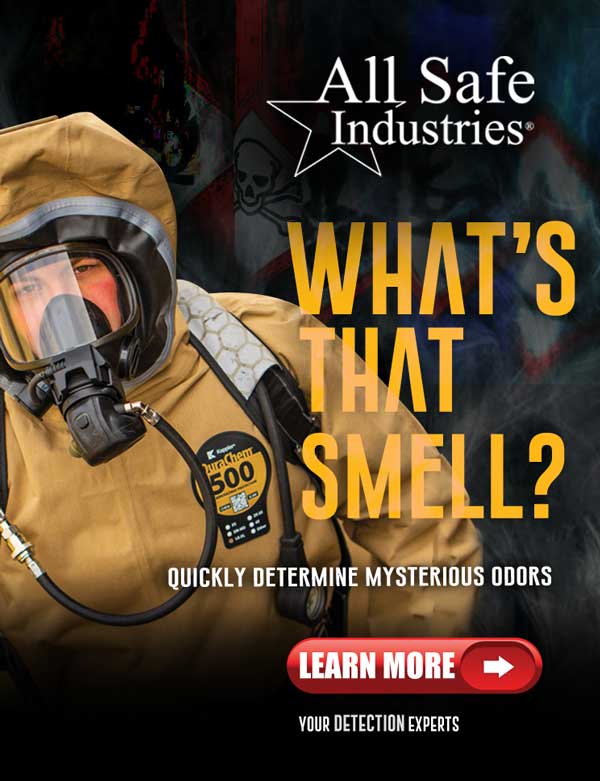Source: KARE11
ST. PAUL, Minn. — Lawmakers, emergency managers and citizen safety advocates Tuesday called on rail carriers to divulge more about their hazardous material accident response planning.
“The US Department of transportation predicts quite accurately that there will be 10 catastrophic oil train explosions per year in the United States, and there have been six,”
Rep. Frank Hornstein, a Minneapolis Democrat and ranking minority member on the House Transportation Committee, told reporters.
Rep. Hornstein and others gathered in the parking lot of the Minnesota Pollution Control Agency to mark the second anniversary of the oil train fire disaster in Lac Megantic, Quebec that claimed 47 lives.
“That really marked the beginning of an increased consciousness about the dangers of transporting Bakken crude oil from North Dakota and Tar Sands oil from Canada through populated areas,” Hornstein remarked.
The carriers submitted those hazmat plans to the MPCA on June 30. Four railroads sent them electronically to the MPCA headquarters in St. Paul, while one of them delivered a 500-page printed document to the MPCA branch office in Detroit Lakes.
The MPCA is reviewing the documents, determining which parts can be made public and which must be redacted for security purposes and to protect commercial secrets.
Judson Freed, Ramsey County’s emergency planning director, expressed frustration that copies aren’t available yet to emergency planners.
“We need their hazards assessment. We need to know what their experts are saying about the state of the tracks, what areas they’re worried about.”
Freed and others gave the railroads high marks for working with local first responders on training exercises geared to battling oil tanker car blazes. But they called for more disclosure.
“We’re not really interested in vilifying the railroad,” St. Paul Emergency Management Director Rick Larkin told reporters.
“We’re actually challenging them to be a partner, a partner at the table.”
Burlington Northern Santa Fe spokesperson Amy McBeth said the railroad will continue to work with local public safety agencies, toward the mutual goal of protecting the public.
“BNSF Railway and the rail industry have a strong record of safely delivering hazardous materials, with 99.99 percent of hazmat moved without incident,” McBeth said.
“BNSF recognizes and embraces our responsibility to work to prevent incidents and to respond and manage them if they occur.”
A contingent of citizen safety advocates who call themselves Citizens Acting for Rail Safety, or CARS, also took part in the event. They’re calling on the railroads to route hazardous shipments around the most populated areas of the Twin Cities.
“What we’re astounded by is that we were never consulted,” Cathy Velasquez Eberhart asserted.
“This is essentially a pipeline on wheels going by our homes and we didn’t have any conversation about that at all.”


